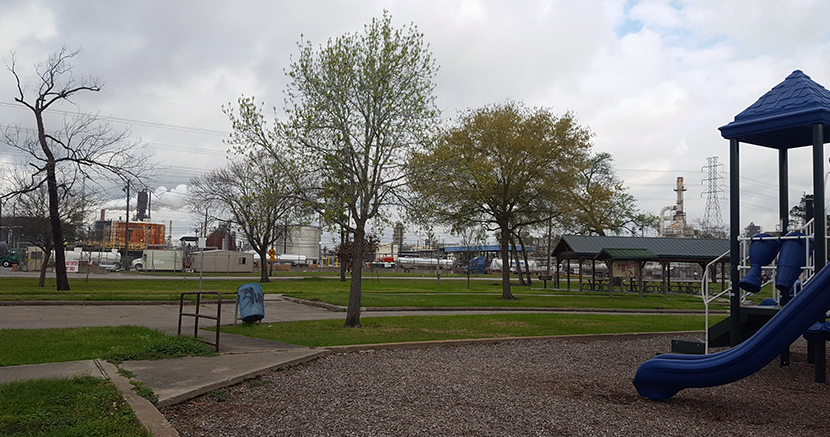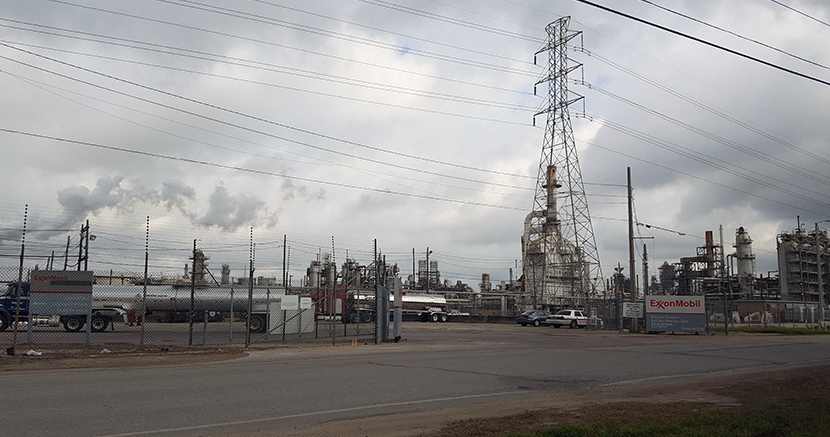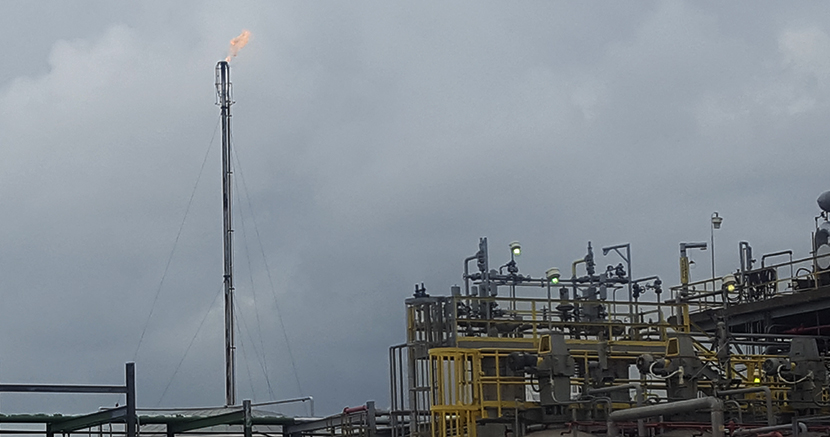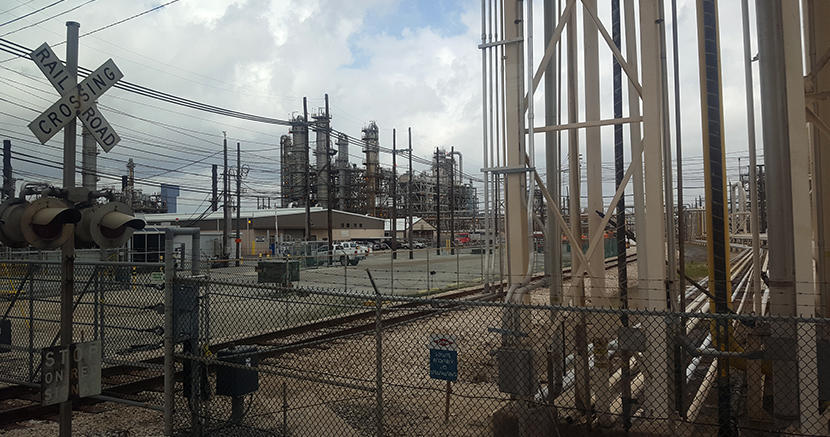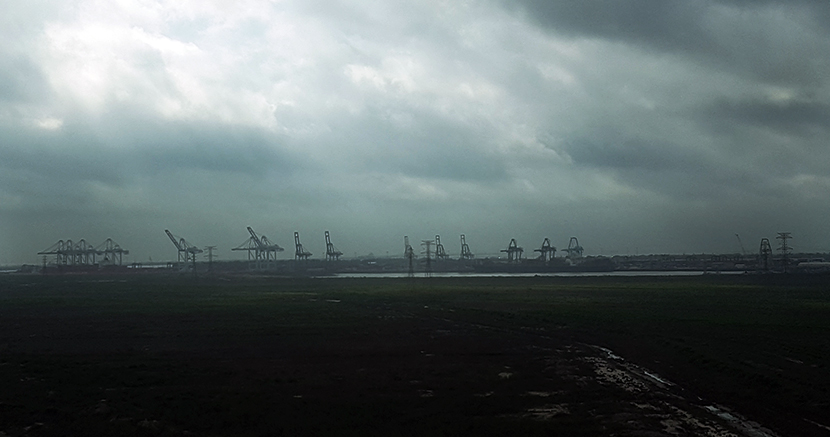Toxic Tour: Why Houston?
Last week in Houston, Texas I was fortunate enough go on an alarming but thoroughly enlightening “toxic tour” of the Houston Ship Channel, where about a quarter of U.S. petrochemicals are manufactured. The tour, led the local advocacy group Texas Environmental Justice Advocacy Services (t.e.j.a.s.), gave me a very valuable understanding of the ubiquitously hazardous impacts the oil and gas, petrochemical and plastics industries have on the communities that surround their facilities.
Currently, there is a growing global awareness around the problem with plastic. But many people don’t realize that the process of creating plastics is also inherently toxic, reliant on dirty fossil fuels and chemical manufacturing.
The fracking boom and its result -- cheap natural gas -- have spawned a resurgence in plastics manufacturing and the pollution it creates. Specifically, the fracking boom has produced an oversupply of ethane, a hydrocarbon present in certain shale gas reserves. This has been a boon for the plastics industry, which relies on petrochemical manufacturing to turn ethane into plastic.
Transforming ethane into plastics pollutes the environment and imposes public health risks on industry workers and nearby communities.
But transforming ethane into plastics pollutes the environment and imposes public health risks on industry workers and nearby communities. Plants that convert natural gas into petrochemicals are known to emit massive amounts of air and climate pollutants, including ozone-creating volatile organic compounds (such as benzene and toluene) and nitrogen oxide.
Seeing The Impact: Playgrounds and Polluting Plants
Our first stop on the tour was a community park, surrounded by homes, directly across the street from ExxonMobil's Baytown Complex. While only there for thirty minutes, some in my group had to cover their faces with their shirts or hands, unable to tolerate the stench coming from the facility. One group member had to flush her eyes in a bathroom sink because of the irritating emissions.
On a later stop in the Manchester/Harrisburg neighborhood, I was shocked to see that Valero's refinery (which is one of sixteen chemical plants within a 3-mile radius of the community) -- with its colossal emissions plumes -- is literally in the backyard of homes, and less than two miles from schools. Just this year the first national study analyzing air pollution and schools found that exposure to toxic emissions not only affects children's health but can also negatively impact academic performance. The study also found that children of color are more likely to live near air pollution than white children.
DONATE TO BAN FRACKING
The Fracking and Chemical Industries Want To Make Things Worse
The fracking-driven industry expansion will likely generate even more plastic and pollution as more ethane crackers come online. An ethane cracker is a type of petrochemical facility that uses a series of processes involving steam or heat to "crack" ethane into ethylene, the most frequently produced petrochemical, which common plastic is made from.
To date, there are approximately 30 ethane crackers in the U.S., and all but three are located in Texas and Louisiana. More than 20 new crackers and ethylene production expansion projects have been proposed across the U.S. While most are slated for the Gulf region, five have been proposed in the tristate Appalachian region of West Virginia, Ohio and Pennsylvania, where there is a huge push to create a new epicenter for chemical manufacturing.
To advance this plan, gas and chemical industries are investing in an Appalachian petrochemical complex in the Ohio River Valley, including regional ethane crackers, pipeline infrastructure, and a large underground storage facility. These industries and their supporters seemingly want to make Appalachia the next Houston, Texas.
Both the shale gas and chemical industries in this area seem to view the expansion of infrastructure and pipelines, increased gas and natural gas liquids exports and the development of a larger, regional petrochemical sector as a panacea to their problems -- an overabundance of low-priced gas which can only become profitable through new markets (exports) or new products (plastics) to drive up demand.
Dirty Industries Profit By Destroying Frontline Communities
All of this would spell doom for the frontline communities in Houston, Appalachia and elsewhere, where children and families bear the startling human cost of dirty industry profits. Rather than continually investing in fossil fuels and chemical industries, we must invest in clean, renewable energy. It's time to move off fossil fuels once and for all. This means moving away from plastic as well.
TAKE ACTION
Written by Alison Grass. Blog originally appeared at Food and Water Watch.

